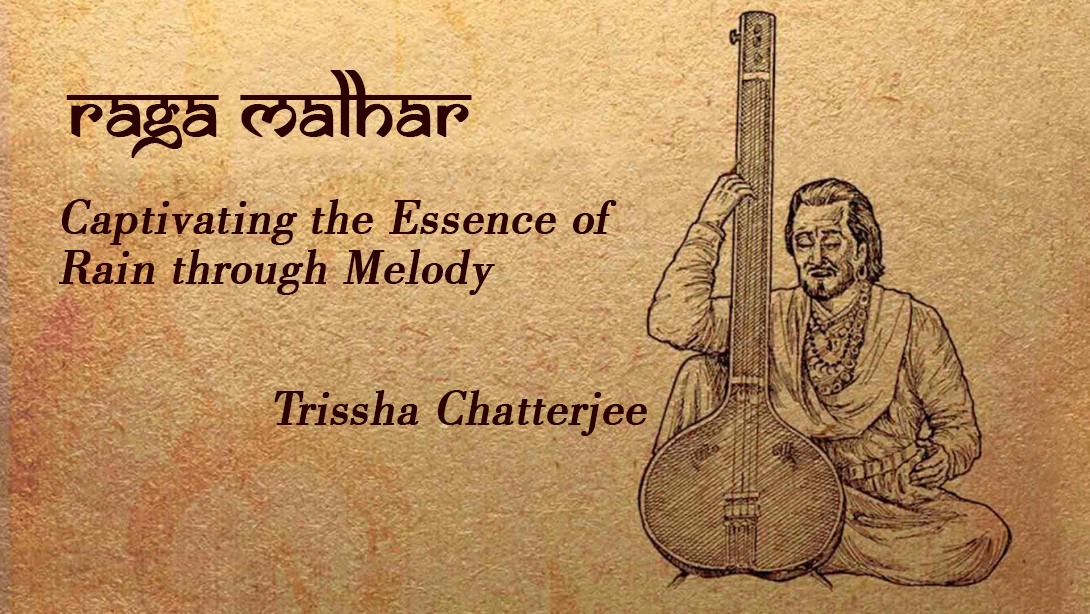R.D. Burman: The Maestro of Melodies Who Redefined Indian Film Music
Introduction:
R.D. Burman, the maestro of melodies, revolutionized Indian film music with his exceptional talent and distinct style. His contributions to the industry were not limited to a particular genre or era; instead, he constantly evolved, experimenting with sounds, arrangements, and genres to create timeless compositions. In this blog, let’s embark on a musical journey and explore the extraordinary legacy of R.D. Burman.
A Trailblazer in Music Production:
R.D. Burman was a trailblazer in music production, often blending traditional Indian instruments with unconventional sounds. He fearlessly explored new territories, incorporating electronic music, synthesizers, and unique sound effects, which were revolutionary for his time. Tracks like “Chingari Koi Bhadke” from “Amar Prem” and “Aanewala Pal Jaanewala Hai” from “Gol Maal” showcased his innovative approach, leaving a lasting impact on the industry.
Cultural Fusion and Versatility:
Pancham Da’s ability to fuse different cultures and musical traditions was truly exceptional. He seamlessly blended Eastern and Western elements, infusing Indian melodies with a contemporary flair. His versatility was evident in compositions like “Mera Kuchh Saaman” from “Ijaazat” and “Roop Tera Mastana” from “Aradhana,” where he effortlessly captured the essence of diverse emotions, spanning from melancholy to romance.
Iconic Collaborations:
R.D. Burman’s collaborations with lyricists and singers played a vital role in shaping his music. His partnership with Gulzar resulted in numerous masterpieces, such as “Mera Kuchh Saaman,” which resonated deeply with listeners through its poignant lyrics and soulful composition. His collaboration with Kishore Kumar produced countless chartbusters, including “Yeh Sham Mastani” from “Kati Patang” and “O Mere Dil Ke Chain” from “Mere Jeevan Saathi,” solidifying their status as one of the most iconic duos in Indian film music.
The Power of Background Scores:
R.D. Burman’s contributions extended beyond individual songs; he recognized the importance of background scores in elevating the storytelling in films. His compositions for films like “Sholay,” “1942: A Love Story,” and “Sanam Teri Kasam” showcased his ability to create captivating musical narratives that enhanced the cinematic experience, earning him critical acclaim and numerous awards.
Enduring Legacy:
Even decades after his passing, R.D. Burman’s music continues to inspire and enchant generations of music enthusiasts. His melodies transcend time, resonating with listeners across different eras. From the soul-stirring “Tum Bin Jaaun Kahan” to the peppy “Aaja Aaja Main Hoon Pyar Tera,” his songs have a magical quality that transcends language and cultural barriers.
Conclusion:
R.D. Burman’s music remains an integral part of the Indian film industry’s rich heritage. His experimental approach, versatility, and ability to capture emotions through melodies set him apart as a true musical genius. Pancham Da’s compositions are a testament to his artistic brilliance, and they will continue to inspire future generations of musicians, reminding us of the limitless possibilities within the realm of music. As we listen to his enchanting melodies, we celebrate R.D. Burman’s profound impact on Indian film music, an everlasting legacy that will forever resonate in our hearts.







There are no comments